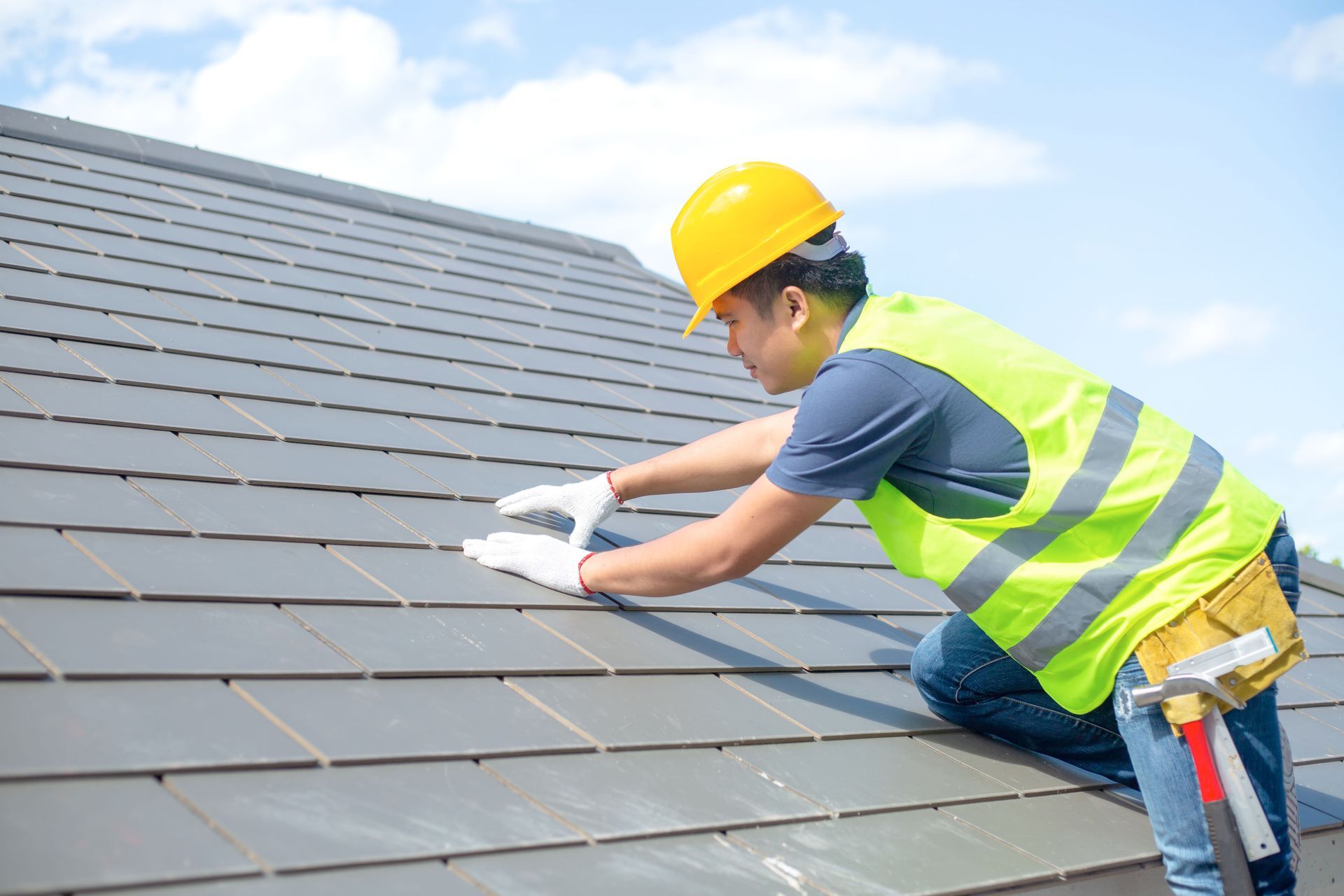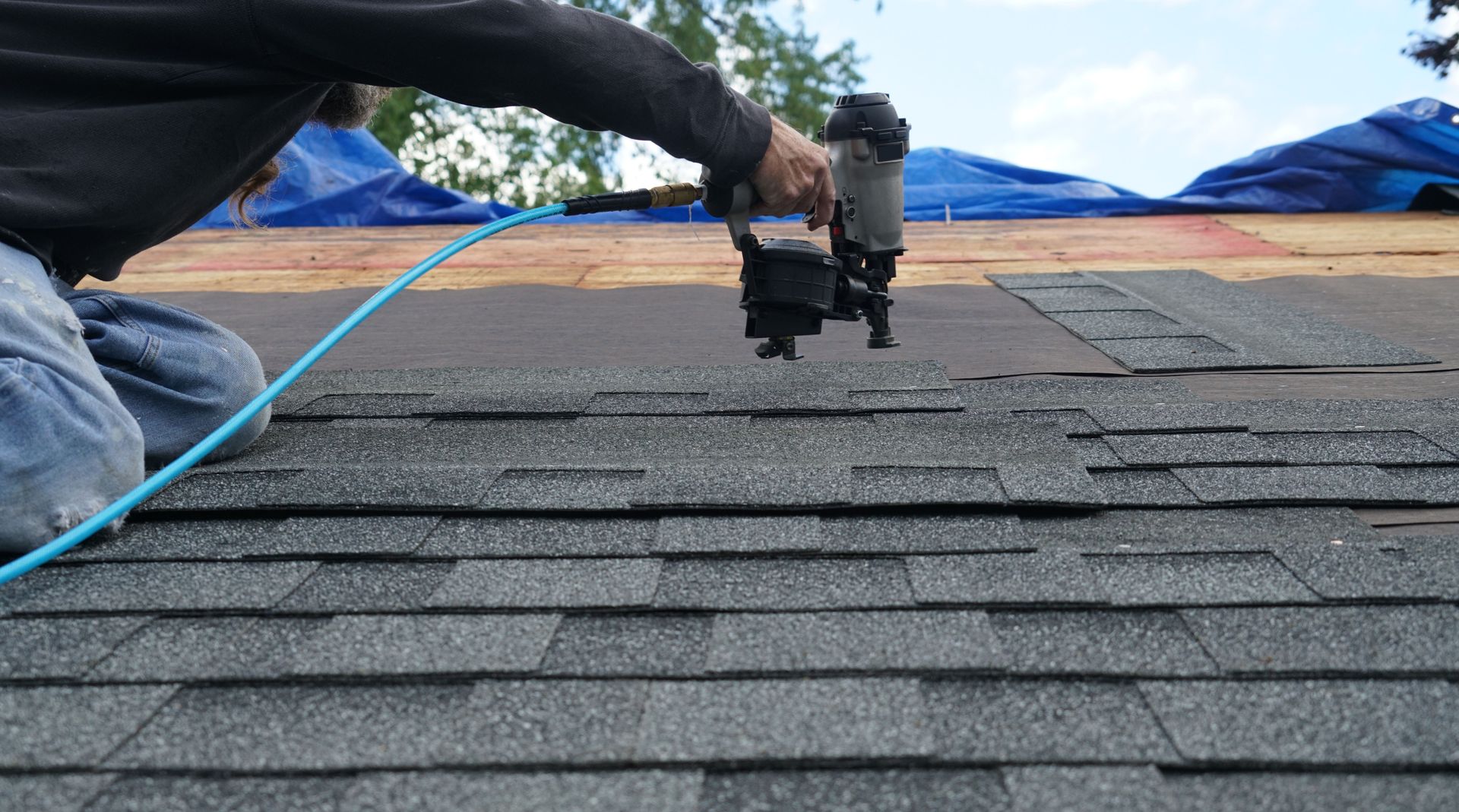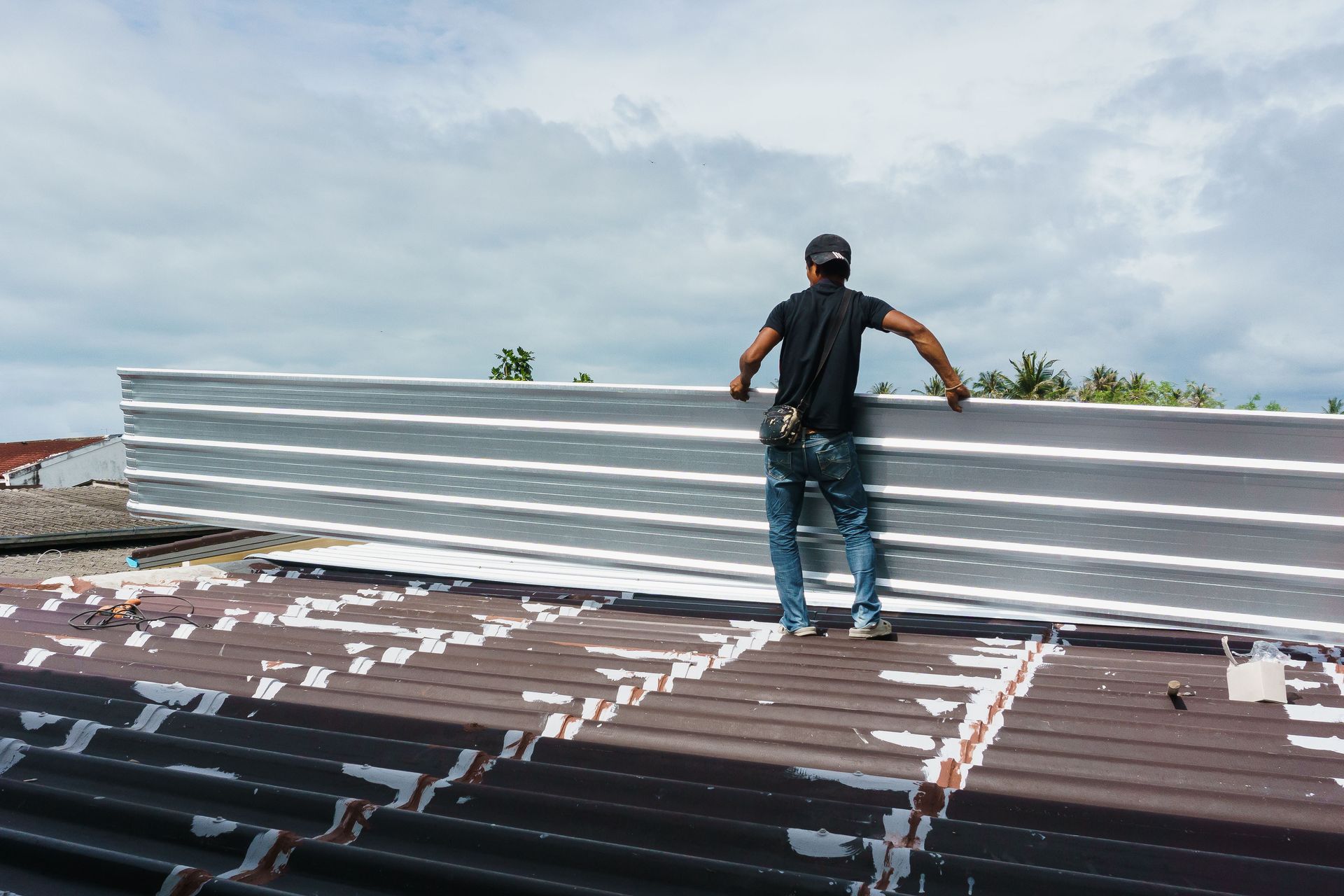11 Questions to Ask a Commercial Roofer
Selecting the right commercial roofer can greatly influence both the quality and lifespan of your building’s roof. With many contractors available, knowing which questions to ask ensures you make an informed decision for your investment. Factors such as experience, licensing, roofing materials, installation processes, and warranties all play a role in evaluating potential roofers. Asking the right questions not only safeguards your property but also helps you understand the full scope of your roofing project. By focusing on these key considerations, you can move forward confidently, ensuring a successful outcome that meets your building’s unique needs. Clear planning and thoughtful inquiries early in the process save time, reduce costs, and prevent potential complications later in the project.
1. What Is Their Experience in Commercial Roofing?
Understanding a roofer’s experience is critical when determining their suitability for your project. Ask how long they have been in the business and which types of commercial roofs they have installed. Examining past projects, requesting references, and reviewing case studies offer insight into their track record and reliability.
It’s also important to understand the variety of commercial roofing systems they handle. For example, EPDM roofs offer flexibility, while metal and tile roofs can last 50 years or more, according to Forbes. Evaluating their experience with different projects — from small offices to large industrial complexes — provides confidence in their ability to meet your specific requirements. Certified and trained crews also indicate adherence to industry standards and proper installation practices, ensuring your roof’s longevity. Asking about the challenges they’ve overcome in previous projects can reveal problem-solving skills and adaptability, both crucial for large-scale commercial work.
2. Are They Properly Licensed and Insured?
Proper licensing and insurance protect you and your investment. A valid state license shows the roofer has met regulatory requirements and demonstrated competency. Insurance, including workers' compensation and general liability, covers potential accidents and property damage. Without adequate coverage, you could be held financially responsible for any mishaps on your property.
Ask how they handle building permits and compliance with local codes. In addition, check if they can assist with insurance claims when repairs are required. Ensuring the contractor is fully licensed and insured reduces risk and provides peace of mind, knowing your roofing project is backed by professionals equipped to manage unforeseen challenges. Licensed and insured contractors are also more likely to employ quality materials and adhere to proper safety procedures, minimizing delays or legal complications.
3. Which Roofing Materials Do They Recommend?
Roofing materials influence durability, energy efficiency, and long-term costs. Metal and tile roofs, while more expensive upfront, can last five decades or longer. Asphalt shingles generally last between 20 and 30 years, making them a more economical but shorter-term option, according to Forbes.
Energy efficiency, climate suitability, and maintenance requirements are all important considerations. Ask about material warranties and manufacturer partnerships, which often provide additional protections. Discussing these factors with your commercial roofer ensures you select materials that meet both performance expectations and budget constraints, while providing long-term value for your building. Also, consider how materials handle local weather extremes such as heavy rain, high winds, or intense sun, which can affect roof lifespan and maintenance frequency.
4. What Does the Installation Process Involve?
Understanding the installation process helps set realistic expectations. Request a detailed timeline outlining project phases and potential weather delays. Confirm that the installation team holds the necessary credentials and follows strict safety protocols.
Communication is key — ask how progress updates will be delivered and how any issues will be addressed. Additionally, discuss quality assurance measures such as inspections and post-installation testing. Knowing how your commercial roofer ensures proper installation reduces uncertainty and enhances the likelihood of a successful, long-lasting roofing project. Clarifying who will supervise the project on-site and how subcontractors are managed can prevent miscommunication and maintain consistency throughout installation.
5. What Warranties and Post-Installation Support Are Offered?
Warranties protect your investment against material defects and installation errors. Ask about the coverage provided for different materials, including asphalt shingles versus metal roofing. Workmanship warranties are equally important, as they address potential problems arising from installation.
Maintenance programs offered by the contractor help extend roof life and minimize unexpected costs. Some commercial roofers provide emergency repair services or ongoing support for modifications and upgrades. By understanding warranty and support options, you ensure that your roof remains functional and protected for years to come. A contractor that prioritizes post-installation support demonstrates long-term commitment to client satisfaction and roof performance.
6. What Are the Payment Terms and Financing Options?
Clear payment terms and financing options simplify budgeting for your roofing project. Clarify upfront costs, deposit requirements, and accepted payment methods. Ask if financing plans are available to help manage larger projects or unexpected expenses.
Discuss lien waivers and protections against financial disputes with subcontractors or suppliers. Transparent financial arrangements prevent misunderstandings and allow you to focus on the quality and execution of your project. Open communication about payments ensures a smoother experience with your commercial roofer and strengthens overall trust. Inquiring about how change orders are handled also prevents hidden fees and ensures cost transparency.
7. How Do They Ensure Safety and Compliance?
Commercial roofing projects involve significant risk, making safety measures a top priority. Ask about the contractor’s safety protocols, crew training, and compliance with Occupational Safety and Health Administration (OSHA) standards. A roofer who prioritizes safety reduces the likelihood of accidents and ensures a secure work environment for everyone involved.
Understanding how the roofer manages hazardous materials or debris disposal further ensures the site is kept safe for employees and clients. Strong safety practices also reflect professional standards and reduce project delays caused by accidents or inspections.
8. Do They Offer Maintenance Programs?
Ongoing maintenance is key to maximizing the lifespan of a roof. Inquire about scheduled inspections, cleaning, and minor repair services. Proactive maintenance can prevent costly damage and extend the performance of roofing systems such as TPO, modified bitumen, or rubber roofing. Maintenance programs offered by your commercial roofer also provide added peace of mind, knowing your investment is regularly monitored and protected. Consistent maintenance also helps identify potential leaks or structural issues before they become major problems.
9. How Do They Handle Emergency Repairs?
Unexpected roofing issues can disrupt operations. Confirm whether your commercial roofer offers emergency repair services and how quickly they respond to urgent situations. Quick response times help prevent further damage and reduce downtime for your business, safeguarding both property and revenue. Understanding their emergency protocol also ensures timely communication during off-hours or high-demand periods.
10. Do They Consider Environmental and Energy Efficiency Factors?
Ask about environmentally friendly materials, energy-efficient roofing systems, and potential cost savings on heating and cooling. Sustainable roofing solutions can reduce operational expenses and support your company’s environmental goals. A roofer who prioritizes energy efficiency adds value beyond simple roof installation or repair. Additionally, consider reflective coatings, insulation improvements, or solar compatibility options for maximum efficiency.
11. Can They Provide References From Past Projects?
Finally, request references from similar commercial projects. Speaking with past clients offers insight into workmanship, reliability, and communication practices. Reviewing photos or case studies of completed projects allows you to assess the roofer’s ability to deliver high-quality results tailored to your building’s unique needs. Checking multiple references across different project types provides a well-rounded perspective of their capabilities.
Asking the right questions when hiring a commercial roofer is essential for a successful roofing project. Covering experience, licensing, materials, installation processes, warranties, financing, and maintenance ensures your building receives long-lasting protection. Taking the time to evaluate potential contractors' safeguards protects both your investment and peace of mind.
At Landmark Roofing & Sheet Metal, we bring years of experience to commercial roofing projects of all sizes. Our team is committed to guiding you through every stage — from selecting materials to post-installation support — so your roof delivers lasting performance. Contact us today to discuss your roofing needs and see how our expertise can protect and enhance your commercial property.





Share On: